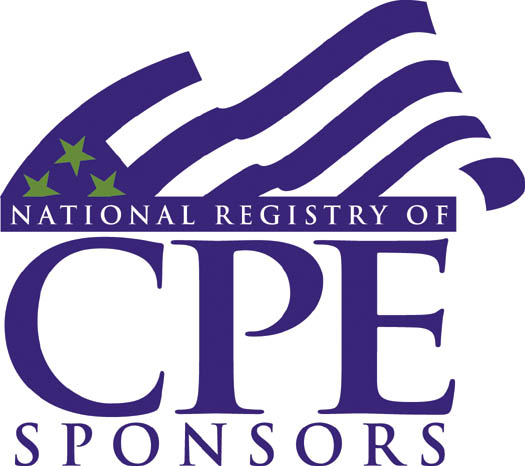As a working CPA, your time is valuable. Faced with the duties of your profession, it’s challenging to find the time to earn continuing education credits. It’s especially difficult if you happen to be the CEO of a successful accounting firm as well as a CPA. Whether you’re a seasoned professional or just starting your career, you’ll appreciate these expert tips for CPAs pursuing continuing education credits.
1. Decide What You Want to Get Out of It
Continuing professional education credits can provide various levels of benefits. Before embarking on your study, decide what you want to get out of it. Are you merely looking for extra credits to maintain your credentials in your state? Or would you like to widen your competencies so you can expand your knowledge and understanding of the field? Continuing education credits can offer you the potential to either broaden your professional reach or focus your field of expertise. So, consider carefully the path you want your career to take, and choose your continuing professional education credits accordingly.
2. Research the Provider
Before you pay for any continuing education courses, research the provider. Cross reference the provider’s accreditation to be sure that the credits you receive will be accepted by your state board. In most cases, there won’t be an issue, but it pays to be certain ahead of time.
3. Consider a Variety of Course Models
Today, there are many ways that CPAs can earn continuing professional education credits. In order to add variety to your learning experience, consider some of the various course models, such as:
- Webinars
- Seminars
- Conferences
- Self-study courses
Each of these course models offers different kinds of benefits. Webinars can be experienced live or recorded, and are well suited for CPAs who enjoy the computing experience. Seminars and conferences are excellent for CPAs who want to blend networking opportunities with learning. Self-study courses are convenient for busy CPAs who wish to study during off-hours. You can mix and match among them, or you can sample one or two and continue with one particular method that resonates with your learning style.
4. Delegate Responsibilities to Make Time
Sometimes one of the biggest challenges to earning continuing professional education credits is carving out the time to study. For working CPAs who own a business, time taken to study is time taken from earning. However heavy your daily responsibilities are, you still need to find time to get your continuing education credits, though. One great way to find the time is to temporarily delegate your responsibilities to interns or junior accountants. When your coursework is complete, all you’d need to do is review their work to ensure it meets your standards.
5. Don’t Procrastinate
Because earning continuing education credits doesn’t occur on a daily basis, it’s tough to see it as a priority task. Don’t make the mistake of procrastinating your coursework. When that happens, you end up having to suddenly put everything else aside so you can cram in the hours you need before the encroaching deadline. This causes unnecessary stress, and deprives you of the thoughtful learning process that could deepen your understanding of your chosen profession. Instead, consider stretching out your learning over the span of a year or six months. This will allow you ample opportunity to consider what you want to get out of it, the course models you’d like to try, and the time to be thoroughly immersed in each course.
6. Be Value-Minded
Continuing professional education credit coursework is tax deductible, but it still costs money. If you purchase individual courses, your expenses will be more than if you try to be value-minded. Many providers offer package deals that carry huge savings compared to single courses. Before you sign up for a package deal, though, be sure that each of the included courses offers information that will enrich you and your career. Saving money is always good, but true value is a combination of savings and worth.
7. Consider the Business as Well as Your Profession
Remember that you can also grow your career as a CPA by learning more about how to run a successful business in general. Courses that focus on things such as workflow processes and employee management can be exceedingly helpful in terms of running your CPA firm on a daily basis, or even getting along with others in a team environment. Don’t discount courses that teach business skills separately from accounting and tax-related topics.
Be sure to keep careful records of your earned continuing education credits, and retain them on file. You’ll be able to reference them, not just for your state board, but also to recall where you took your favorite courses — so you can sign up again there the next time.
——–
Mohamed Markar is founder and President of The Center for Professional Education, Inc., an acclaimed provider of continuing education programs for financial professionals. For more than three decades, Markar has initiated cutting-edge courses for a wide range of industries, employing the best speakers and instructors from the worlds of accounting, tax and business to ensure the latest knowledge and updates are always available. His company offers thousands of webinars, self-study programs, seminars and conferences annually, and hosts events nationally and internationally.
Thanks for reading CPA Practice Advisor!
Subscribe Already registered? Log In
Need more information? Read the FAQs




